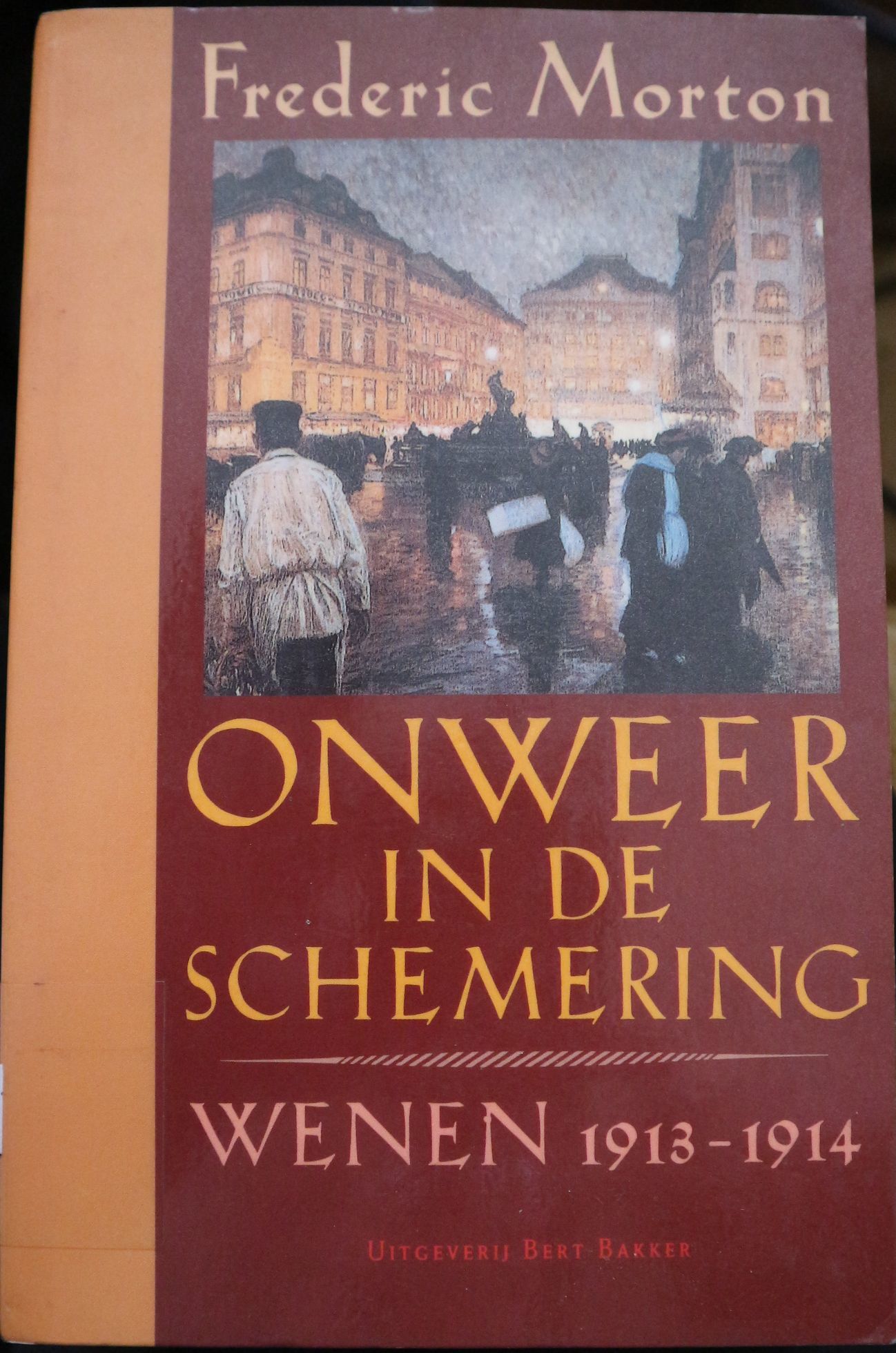What do you think?
Rate this book


318 pages, Paperback
First published January 1, 1989
In Vienna spring belonged to culture more than to nature. Here spring merged its green arts into the town’s architecture, where seasons bloomed from romanesque to rococo, sprouted as gargoyles, fountains, statues. With its vernal rose windows, its tendrilled friezes, its sculpted bowers and garden amorettos, the Maytime city conjured the poetry of the West. Now it exuberated in the same vein with leaf and petal. Vienna experienced spring as yet another urban fancy, opulent and stylish, moving through its dream of history. (p. 46)Um, okay. Vienna is pretty in the spring.
Vienna cabled St. Petersburg that the Austrian Army had mobilized solely against Serbia. St. Petersburg cabled Vienna that the Russian mobilization was only partial and wholly defensive. Berlin cabled Paris about the dangerous consequences of French mobilization. Paris cabled that it mobilized only to protect French security. Berlin cabled London, urging Britain to stop the mobilization of its allies. London cabled Berlin, asking Germany to ask Austria to use mediation, not mobilization, in the Serbian matter. Austria cabled London its willingness to negotiate but without delaying its “operations against Serbia.” London cabled Vienna that it could not remain neutral in a European war. All cables invoked the sacredness of peace. All countries involved kept thrusting bayonets into the hands of their young men.” (p.315-316)The final pages of the book provide a sense of the wild enthusiasm, bordering on collective madness, that swept through Europe with the declarations of war. Everyone thought it would be quick, victorious for their side, and a great adventure which nevertheless would see them home by Christmas. The feeling of those days is perhaps best summed up by Rupert Brooke in his poem “Peace”
Now, God be thanked who has matched us with his hour,
And caught our youth, and wakened us from sleeping!
With hand made sure, clear eye, and sharpened power,
To turn, as swimmers into cleanness leaping,
Glad from a world grown old and cold and weary;
Leave the sick hearts that honor could not move,
And half-men, and their dirty songs and dreary,
And all the little emptiness of love!
Oh! we, who have known shame, we have found release there,
Where there’s no ill, no grief, but sleep has mending,
Naught broken save this body, lost but breath;
Nothing to shake the laughing heart’s long peace there,
But only agony, and that has ending;
And the worst friend and enemy is but Death.